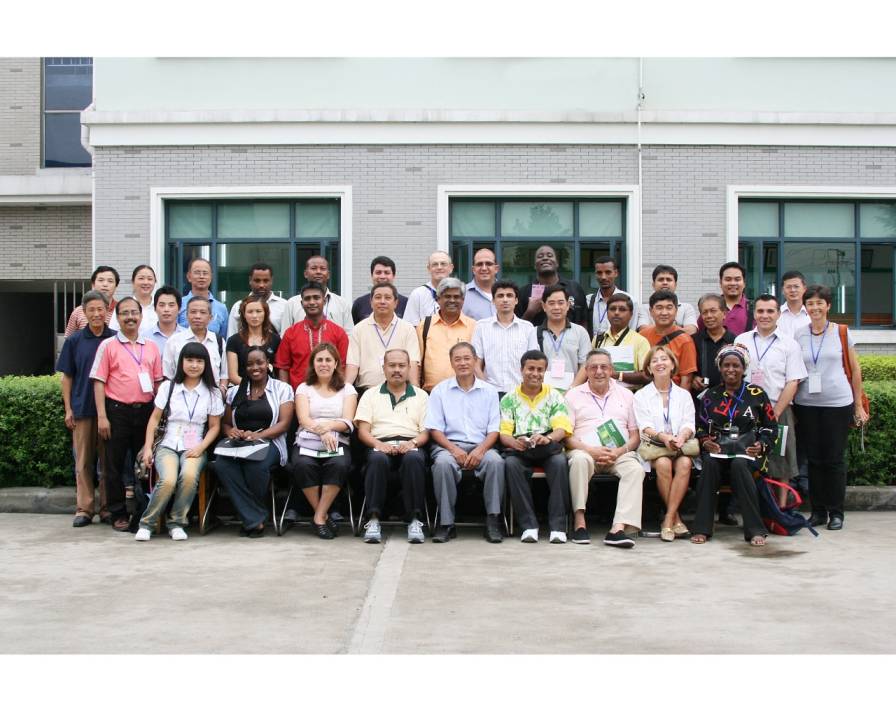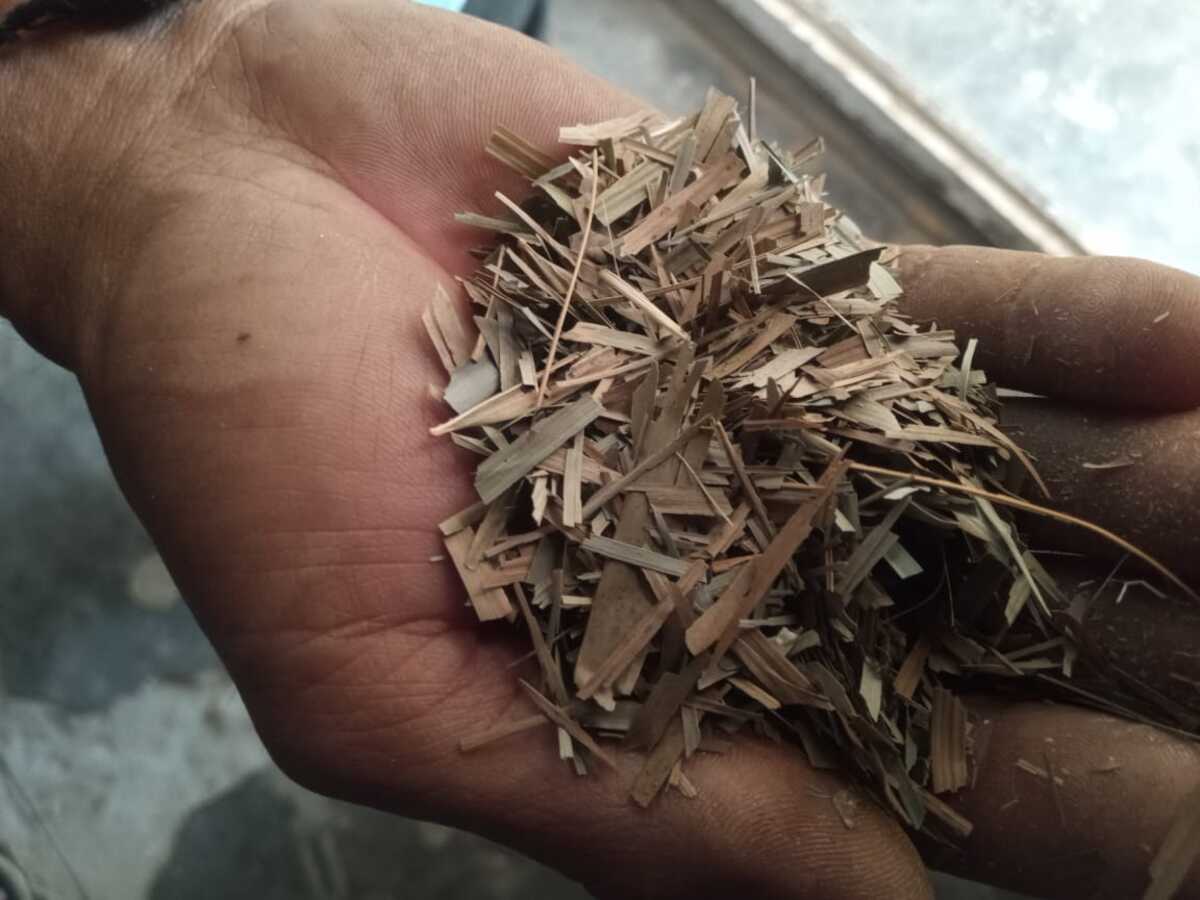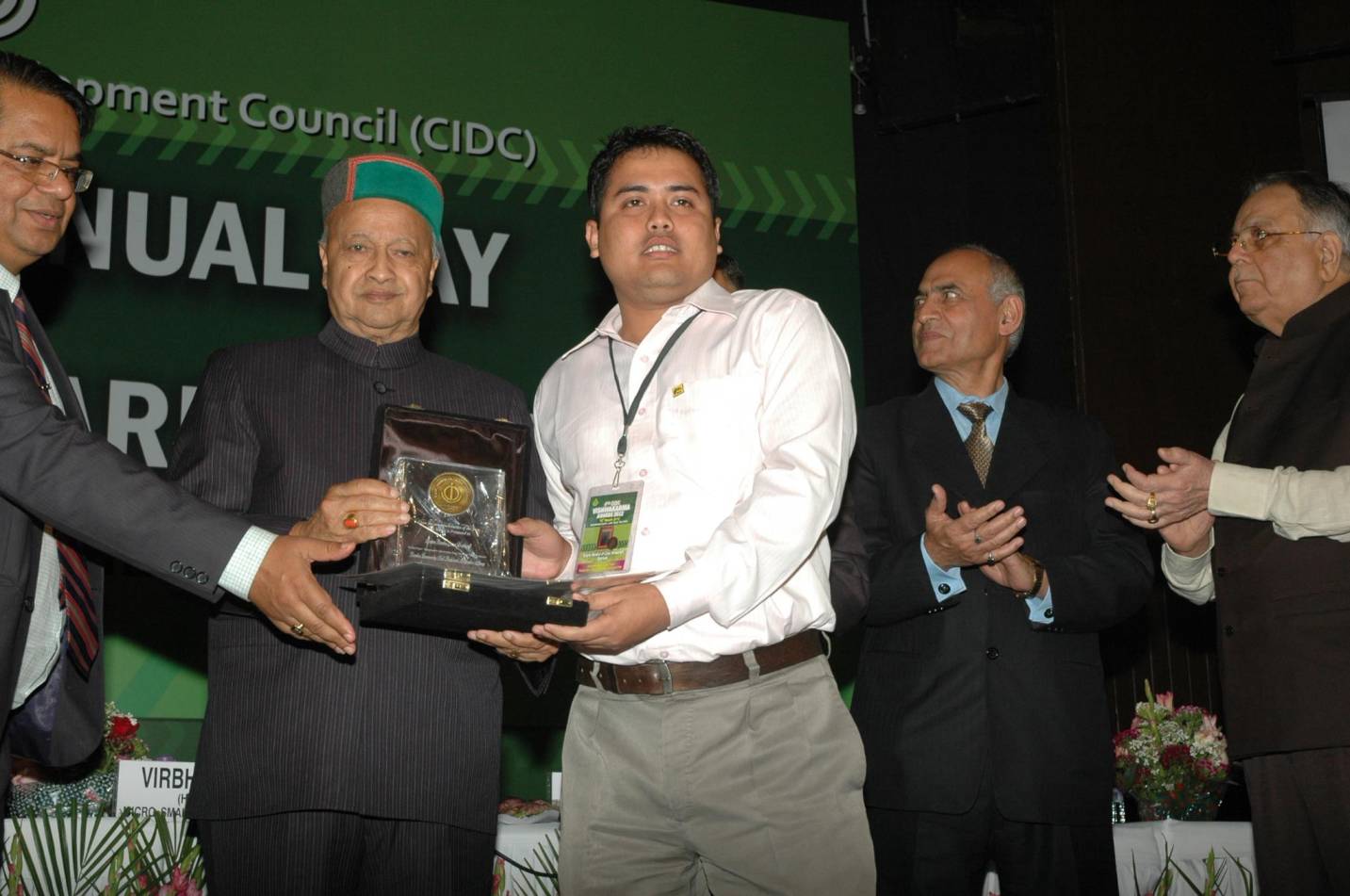“I brought back something good from China,” says 36-year-old Samir Jamatia, a resident of Tripura, who refers to himself as a ‘bamboo technologist’. After having studied the benefits of bamboo and its various uses from his trips to China, Cambodia and Vietnam, today he exports close to 600 kgs of bamboo leaf tea to the United Kingdom and Europe.
Hailing from Garji village in Gomati district, Samir says that bamboo has played a very intrinsic part of his growing up years. “We are connected to the bamboo plant. We eat it, eat from it, use it to make various products and now even brew it as tea,” he says to The Better India.
Samir’s grandfather used to work with various herbs and shoots to treat common ailments such as cold, cough, headaches and body aches. Samir says, “At that time, we did not know what he was giving us or its significance. It is only now when the world is taking note of the properties that bamboo possesses, do we realise it’s worth.”
Tripura to China

It was Samir’s quest to find innovative ways to use the bamboo plant that led him to Nanjing University in China in 2007, where he applied for a diploma in bamboo technology. In August 2008, he managed to get a scholarship and travelled to China. While the course was for a duration of one-month, Samir stayed on for longer to visit Cambodia, Vietnam and even Japan. “During all these trips, my sole aim was to learn and absorb as much as possible,” he says.
Samir was all of 23 when he visited these countries and says, “While everything was amazing, I did not have the maturity that I have today. I wish I had spent more time learning. I remember how disciplined the Chinese were in their work and that is what sets them apart from the rest of the world.” In November 2008, Samir returned to Tripura filled with ideas and waiting to execute them all.
“Bamboo leaf tea is rich in antioxidants and antibiotic properties and the presence of huge amounts of silicon in tea leaves helps keep hair, skin and nails healthy as well as helps in strengthening the bones and teeth,” he says. In Tripura alone, there are close to 30 varieties of bamboo that are grown and each variety has its own special brew.
While Samir is tight-lipped about the exact production process of the bamboo leaf tea, he speaks extensively about the benefits of consuming this tea.

“Right from the collection of young leaves, handling of tea to packaging has been done with the help of local residents. This also requires a certain degree of experience because for the purpose of making the tea, we pluck only the young and tender leaves.”
The most suited bamboo variety is the ‘kanak kaich’. Samir says, “After the leaves are plucked, the same is dried under the sun for at least seven days in a greenhouse and then hand-rolled to break them into pieces or ground to dust. This works best when the sun is out and bright and rains do the process no good.”
Speaking of his inspiration behind this idea, Samir says it was late President A P J Abdul Kalam.

He says, “I had first heard the mention of ‘Green Gold’ by Kalam and that was when I started thinking about what we have in abundance right in our backyard. He was such a visionary and his one statement pushed me to think out of the box.”
Priced at Rs 120/kg, Samir says that they are trying to bring out various infusions, like ginger extracts and lemongrass, to enhance the flavour of the tea. Asked about his future plans, he says, “I am waiting to start large-scale production after getting the lab test certificates.” He is also awaiting the trademark for his bamboo tea, which is likely to come in shortly.
If you wish to connect with Samir, you can email him at jamatia.samir13@gmail.com or reach out to him via Twitter.
(Edited by Yoshita Rao)
No comments:
Post a Comment